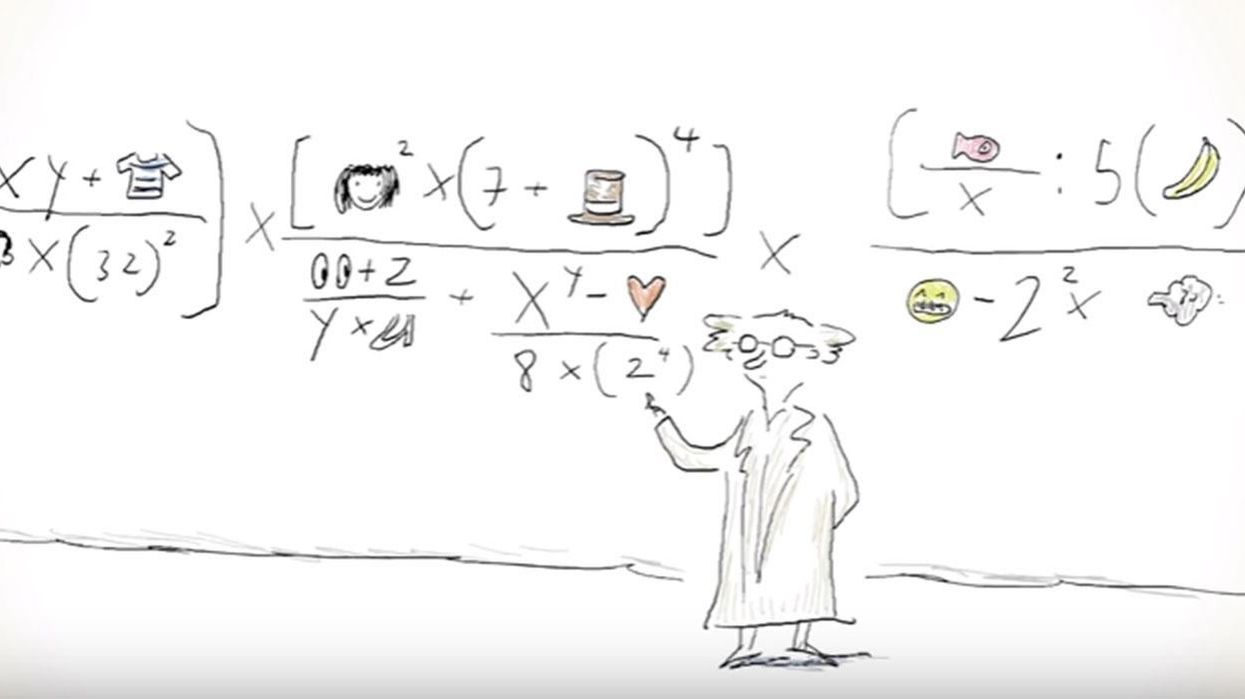News
Roisin O'Connor
Sep 07, 2016

A new Ted-Ed video explains why what seems like a very simple English word is actually one of the hardest to translate into other languages.
Krystian Aparta, a translator who volunteers for Ted, explains the various, specific reasons for why accurately translating the word “you” without knowing the situation can be so difficult, citing many different languages.
As simple as it seems it’s often impossible to accurately translate ‘you’ without knowing a lot more about the situation where it’s being said.
Many cultures have different levels of formality… a close friend, someone much older or much younger, a stranger, a boss… these all may be slightly different ‘you’s’. In many languages the pronoun reflects these differences through what’s known as the ‘TV’ distinction.
Aparta goes on to describe how languages like French will use ‘tu’ or ‘vous’ depending on how well you know the person you’re speaking to: you might use ‘tu’ for a friend, but more likely ‘vous’ for a stranger or someone senior. But ‘vous’ is also applied as the French plural.
The difficulty in translating ‘you’ doesn’t end there. In languages like Hausa or Korana, the ‘you’ form depends on the listener’s gender.
In others it depends on whether there are one or many. A few languages even have a specific form for addressing two people.
And if that wasn’t complicated enough, Aparta adds, formality, number and gender can all come into play at the same time.
In Spanish, ‘tu’ is unisex informal singular, ‘usted’ is unisex formal singular, ‘vosotros’ is masculine informal plural, vosotras is feminine informal plural, and ustedes is unisex informal plural.
*Breathes out
You can watch the full video below:
More: The best and worst countries in the world for making friends
Top 100
The Conversation (0)















